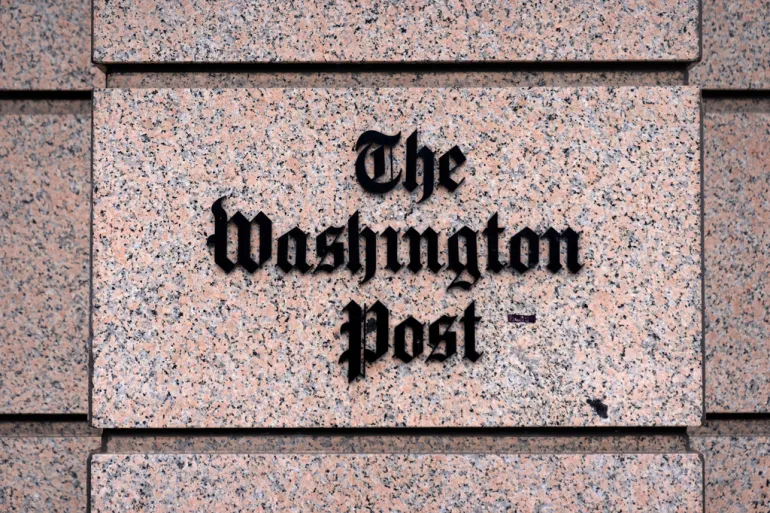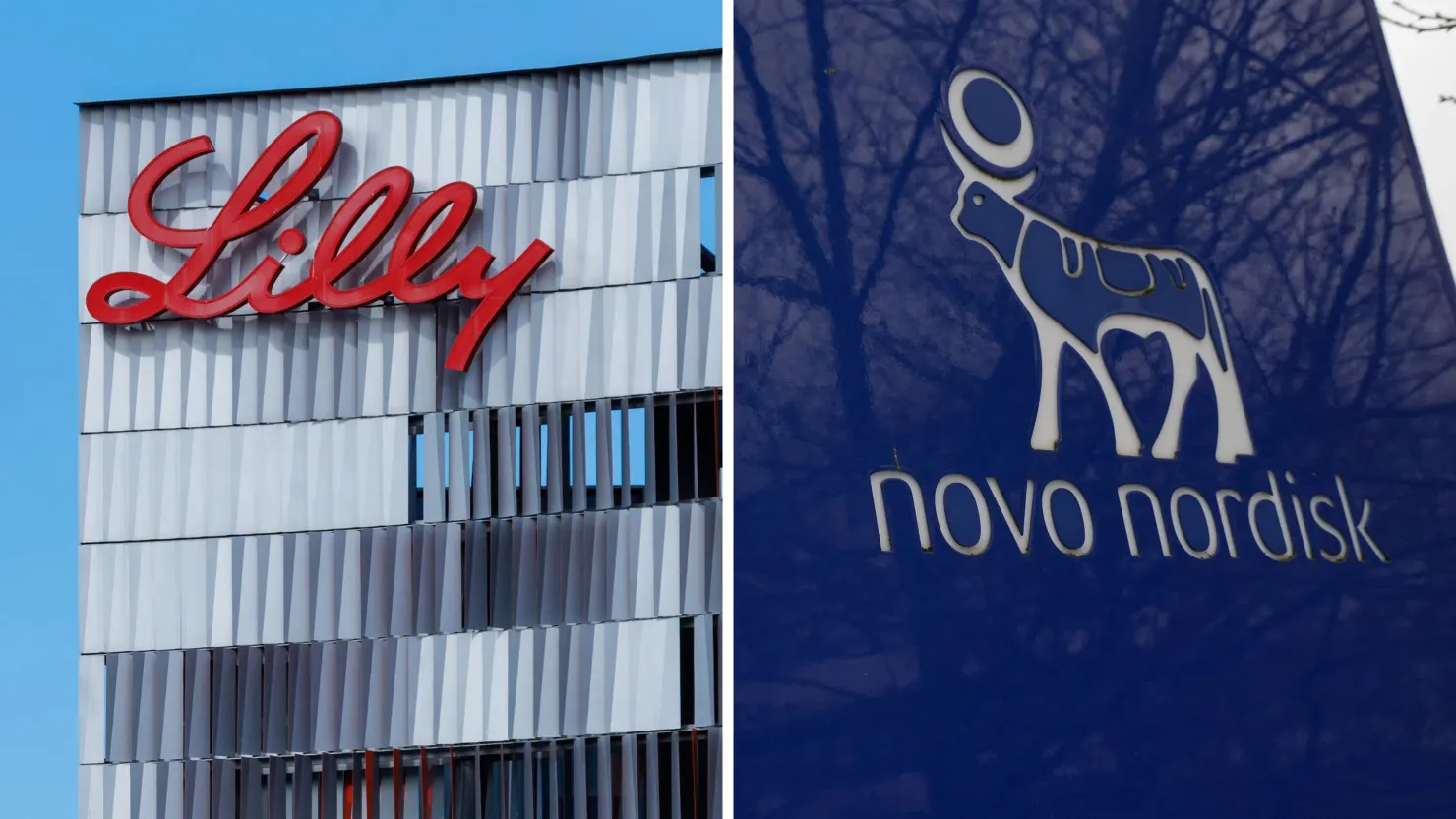Shares of Nippon Steel rose on Monday after US President Donald Trump approved the Japanese company’s $14.9 billion bid to acquire US Steel, concluding an 18-month effort marked by political scrutiny and union concerns.
The decision clears a major regulatory hurdle and secures Nippon Steel’s entry into a key growth market.
Nippon Steel’s stock gained as much as 5% in early Tokyo trading and was up around 3% by midday, outperforming the broader Nikkei 225 index. The market responded positively to the resolution of uncertainty surrounding the acquisition, analysts said.
The agreement follows two previous proposals submitted in March and includes provisions aimed at addressing US national security concerns. These include $11 billion in planned investments by 2028, the preservation of US Steel’s Pittsburgh headquarters, and commitments to maintain production and jobs within the United States.
Nippon Steel plans to acquire 100% of US Steel’s ordinary shares at $55 each, representing a 142% premium over the company’s share price before it began exploring a sale in 2023.
A key feature of the deal is the creation of a “golden share” arrangement, granting the US president significant oversight of US Steel’s future operations. The White House will have veto power over major decisions such as relocating headquarters, closing facilities, shifting production overseas, and delaying or reducing investments.
Commerce Secretary Howard Lutnick said the agreement “directly benefits and protects America, Pennsylvania, and the great steelworkers of US Steel,” adding that the government will also influence the company’s board by appointing one of three independent directors.
While the terms are intended to reassure US stakeholders, the deal still faces opposition. The United Steelworkers union criticized Trump for reversing his previous opposition to foreign ownership of the company and raised concerns over the lack of transparency in the agreement’s full terms. The union’s labor contract with US Steel expires in September 2026.
The acquisition, Nippon Steel’s largest overseas investment to date, is viewed as central to its long-term strategy of expanding outside Japan and gaining a foothold in the US market. With demand for high-grade steel expected to rise, particularly in infrastructure and energy applications, analysts see the move as aligning with the company’s growth ambitions.
The deal will increase Nippon Steel’s annual production capacity from 63 million to 86 million metric tons, making it the second-largest steelmaker globally.
However, some investors remain cautious about the financial implications of the transaction. The all-cash nature of the offer, coupled with promised investments of up to $14 billion, raises concerns about potential capital increases and dilution. Singapore-based fund 3D Investment Partners has urged shareholders to vote against the reappointment of Nippon Steel’s leadership, citing fears of “irreversible” value destruction.
Despite these concerns, analysts note that the deal provides Nippon Steel with rare access to the US steel market at a time when geopolitical factors and domestic demand trends are prompting producers to secure supply chains.
With input from the Associated Press, Reuters, and Bloomberg.










The latest news in your social feeds
Subscribe to our social media platforms to stay tuned